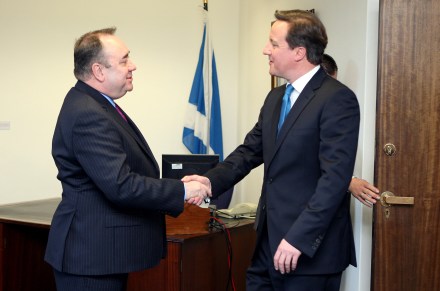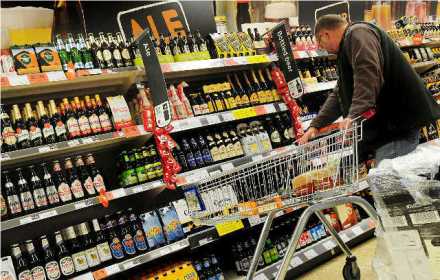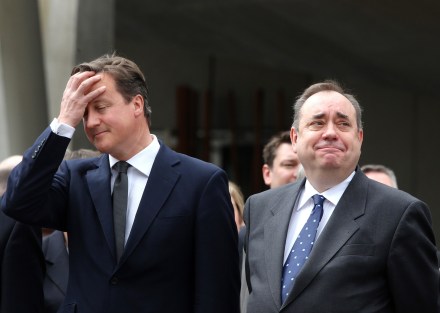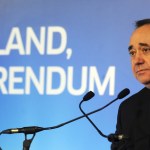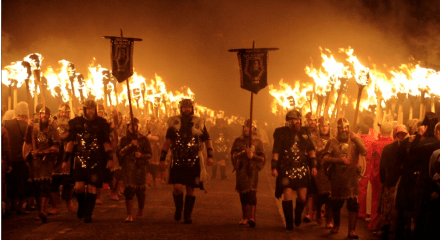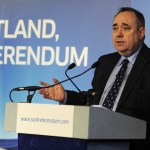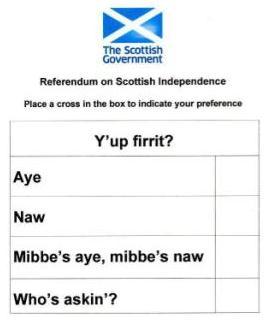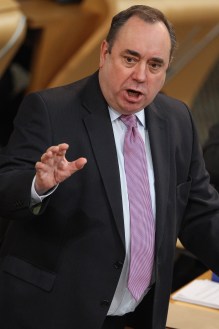Cameron’s risky move could play into Salmond’s hands
Not many politicians would conjure up the spectre of Alec Douglas-Home to scare the Prime Minister, but that is exactly what Alex Salmond did today — to some effect. The Scottish First Minister was responding to David Cameron’s ‘jam tomorrow’ offer to the Scottish people. ‘Vote “no” in the independence referendum,’ Mr Cameron effectively told Scots today in his latest attempt to make some progress in the independence debate, ‘And I’ll see that you get major new powers for the Scottish Parliament.’ It was one part bribery, one part political strategy and Mr Salmond was on to it quicker than the average Scot can order a haggis supper. ‘We’ve been
